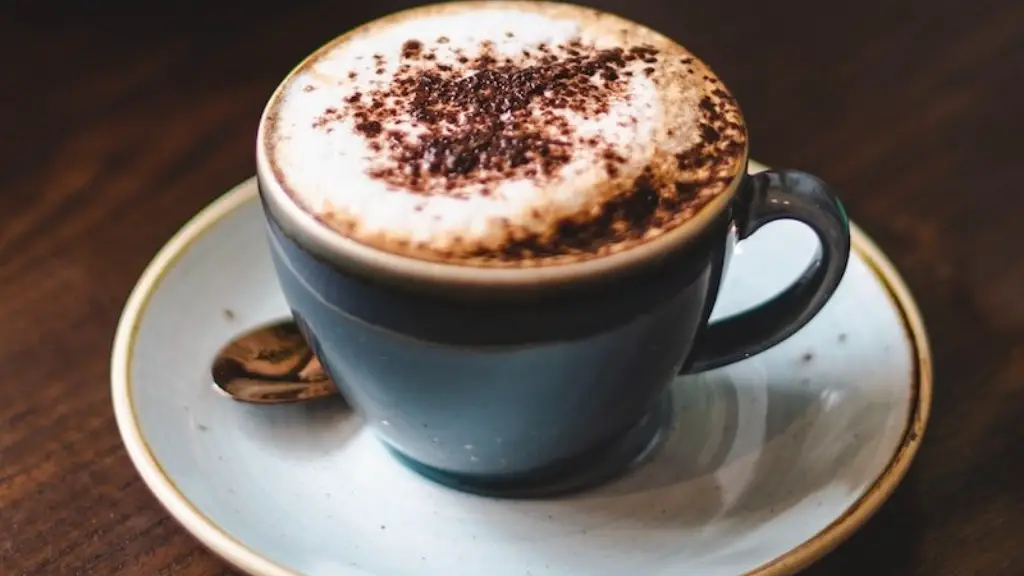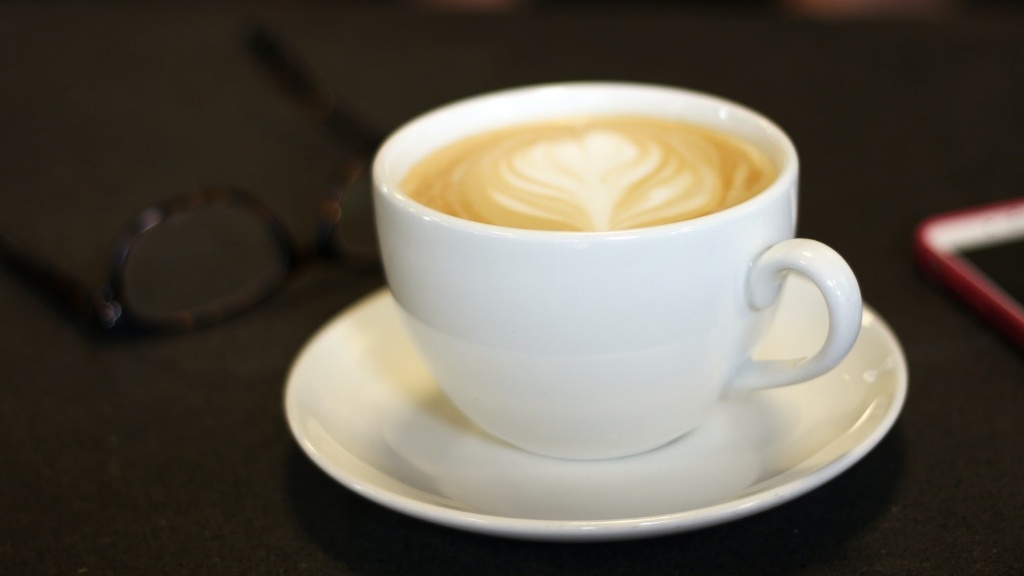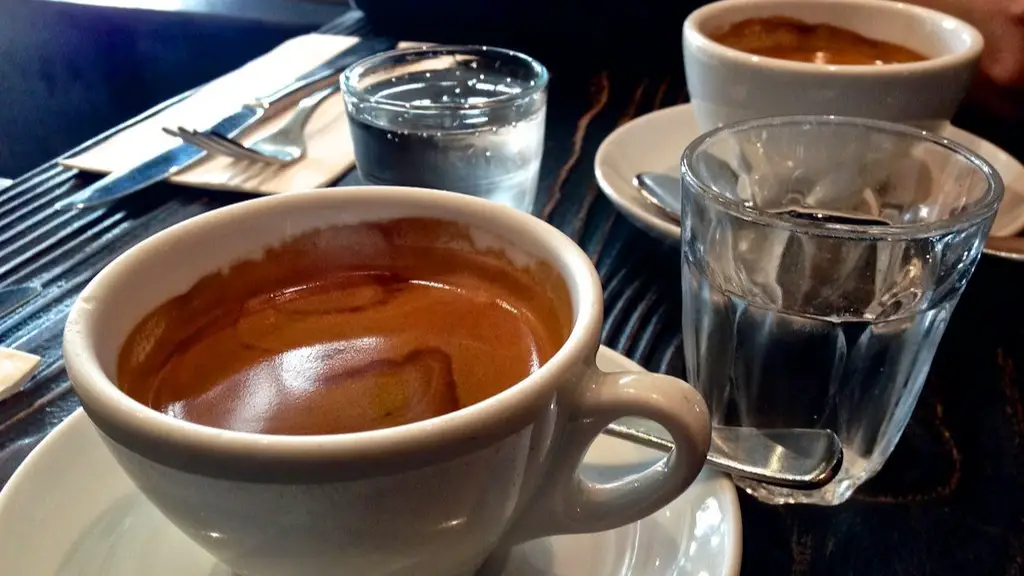What Is Espresso?
Espresso is a type of strong and intensely flavorful coffee, prepared using a unique method. To make espresso, pressure is used to extract coffee from finely ground beans, making it a concentrated and powerful drink. Espresso usually has a layer of crema foam on the surface, and has been around since the 19th century.
The Difference Between Coffee and Espresso
The difference between coffee and espresso comes down to two main factors; namely, the beans used and the method of extraction. For coffee, beans that have been coarsely ground are brewed using a drip method, resulting in a mild, light-bodied drink. Conversely, espresso is made with very finely ground beans and is brewed under pressure, resulting in a much stronger, thicker-bodied beverage.
Can You Drink Espresso Like Coffee?
In general, espresso should not be consumed like coffee- due to its high caffeine content and intense flavour, drinking espresso can easily result in an uncomfortable jittery feeling. The intense nature of espresso is certainly an acquired taste, and it would be wise to build up an espresso tolerance before attempting to drink it as you do coffee.
Because of this, many people tend to mix espresso with other liquids to help mellow out the flavour and reduce the caffeinated kick. Popular combinations include adding steamed milk and a sweetener to create a latte, adding to a cup of hot chocolate, or even a dollop of ice cream to create a freeze.
Espresso Roasts
Espresso beans may be roasted to different levels depending on preference; light, medium and dark. Light roasted beans have a mild taste, and tend to retain more caffeine content than darker roasts. On the other hand, dark roasts are much more bitter and have a stronger, smokier flavor. How your beans are roasted can make all the difference, so it’s important to experiment and find a roast that suits your palate.
Brewing Espresso
Brewing espresso can be a tricky process and requires specialised equipment such as an espresso machine. Unlike coffee, espresso needs to be brewed at just the right temperature and pressure – if the pressure is too low, your espresso will be weak and watery, if it’s too high, then it will be bitter and acidic. If you don’t have access to an espresso machine, you can still attempt to brew espresso with a stovetop moka pot, but keep in mind that you will likely end up with a weaker version of espresso.
Nutritional Benefits
While espresso has been demonized in the past for its high caffeine content, there are actually many dietary benefits associated with drinking espresso. It is low in calories, is a powerful source of antioxidants, can minimize inflammation, and has also been linked to improving liver health. However, it is important to remember that too much caffeine can be damaging to your health, so it is best to have no more than 2 or 3 shots a day.
Caffeine Content
Espresso is generally much higher in caffeine than coffee, averaging around 63 milligrams of caffeine per shot compared to an average of 95 milligrams for an 8-ounce cup of coffee. It’s important to note that espresso brewed with robusta beans can contain up to around 85 milligrams of caffeine per shot. If you are seeking a more low-caffeine option, opt for an espresso blend with Arabica beans.
Espresso Vs Decaf Coffee
Another option for coffee drinkers who can’t tolerate the high caffeine content of espresso is decaf coffee. Considered the best of both worlds, decaffeinated coffee has some of the same pleasant taste and aroma of regular coffee without the associated caffeine content. While it is not completely caffeine-free, decaf is less than 2% of the caffeine levels of regular coffee.
Health Concerns With Espresso
Apart from the potential risks associated with high caffeine consumption, there are also some other health concerns that need to be considered when drinking espresso. Unfiltered espresso, such as Turkish coffee, can contain high levels of cafestol, a cholesterol-raising substance, which is why it is recommended that if you drink espresso, use filtered coffee instead.
Healthy Alternatives To Espresso
If you’re looking for something to replace your espresso fix, there are a few healthier alternatives you can consider. Herbal teas are naturally caffeine-free and can offer many of the same health benefits as espresso, such as protecting against oxidative damage, boosting the immune system and aiding digestion. If you need a caffeinated pick me up, consider having a Rooibos tea – this reddish-brown tea from South Africa contains low levels of caffeine, and is naturally sweet and nutty in flavor.


